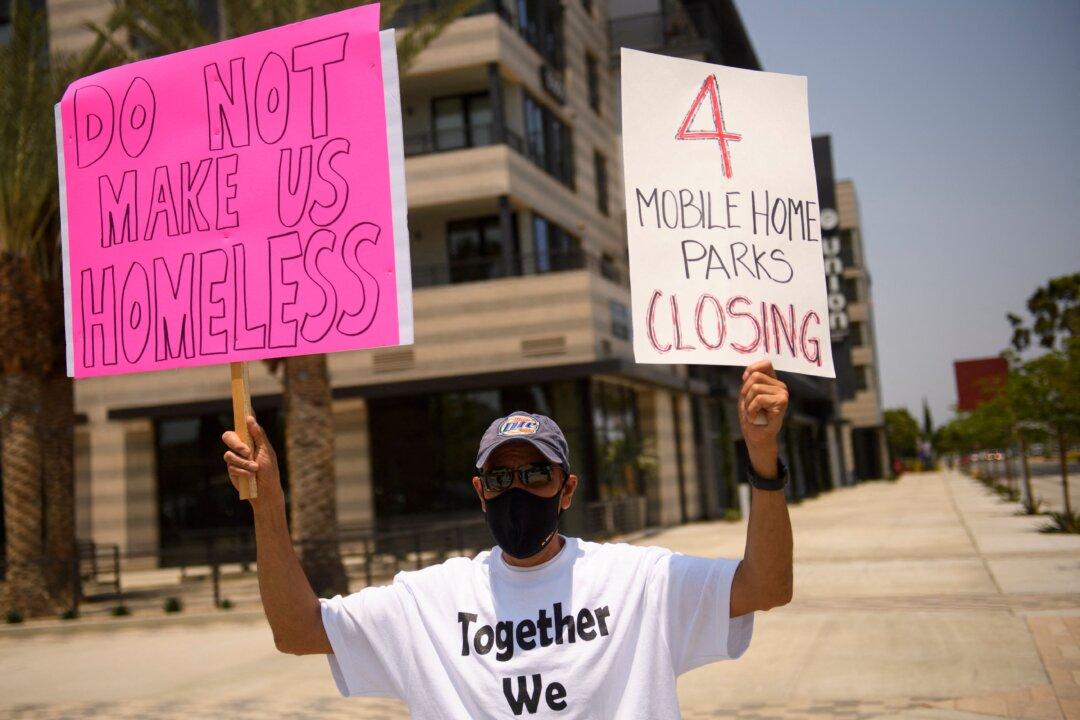A Los Angeles Superior Court Judge’s recent ruling will provide more time for some mobile home residents in Carson who are facing eviction to relocate, after they were first notified more than three years ago the park would be redeveloped, leaving some without a place to go.
The issue comes as the land where Imperial Avalon Mobile Estates is located was purchased by a real estate developer four years ago for a mixed-use development project.





